Health chiefs have issued guidance for bakeries struggling to source dust masks as the Covid-19 outbreak pushes up demand for protective personal equipment (PPE).
With a shortage of masks in many parts of the food industry, the Health & Safety Executive (HSE) has said suitable flour dust control can be achieved using good working practices and local exhaust ventilation.
HSE guidance states PPE with an assigned protection factor (APF) of 20 should be used to protect workers from flour dust.
If employers expected to run out of supplies of APF 20 equipment – and couldn’t source it from elsewhere – HSE advised they should carry out a COSHH (Control of Substances Hazardous to Health) risk assessment to identify the additional dust exposure minimising measures in place and ensure the risk to workers would not be increased by providing PPE with an APF of 10.
HSE said PPE with an APF of 10, used in a combination of the below measures might control exposure to as low as reasonably possible and meant that a business was complying with Regulation 7 of the COSHH requirements.
The additional measures should include:
- Using non-stick coatings on conveyor belts and greaseproof paper on trays instead of flouring the surfaces
- Using low-dust flours as a lubricant and for dusting
- Using flour improvers in paste or liquid form instead of powder to reduce the airborne dust generated when adding ingredients
- Separating the weighing and dispensing of flour and powdered ingredients from the remainder of the production area, using enclosures to contain the flour dust and minimise its spread
- Using mixers with lids to contain the dust at the start of mixing cycles
- Using effective, adequately designed and maintained local exhaust ventilation for dusty tasks, such as bulk flour sieving, dispensing, weighing and tipping powdered ingredients
- Ensuring all workers had been provided with information, instruction and training on careful flour handling techniques
- Ensuring supervision of all workers to carry out the careful flour working techniques and minimise their exposure to flour dust, as well as raising any concerns or defects immediately.
The HSE said it would continue to investigate reports of occupational asthma and could not guarantee it would not prosecute.
“We will, however, continue to take decisions on enforcement action in accordance with our publicly available Enforcement Policy Statement, which requires that prosecution, must be both proportionate to the seriousness of the breach and in the public interest,” stated the executive.
“Employers that can demonstrate effective control of risks with the appropriate combination of good working practices, engineering control and PPE are not likely to face enforcement action.
“We are working across government and with industry on the response to Covid-19 by agreeing sensible and pragmatic approaches to workplace safety that ensure essential services continue.”
HSE pointed out that the guidance is temporary and limited to the duration of the Covid-19 crisis, and that it is responding to current challenges faced by the baking industry, in respect of the potential for temporary unavailability of PPE used to protect workers from food ingredient dusts.
HSE has also given advice on optimising stocks of suitable PPE:
- Only provide PPE to those workers who need it.
- Issue PPE specific to the level of risk for specific tasks i.e. use PPE with an APF of 10 where the level of flour dust exposure is lower
- Provide instruction on maximising the use life of all PPE, by ensuring adequate user checks, cleaning and storage.
For more on the dangers of dust exposure, see this British Baker report.



















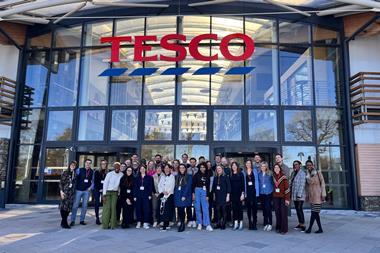
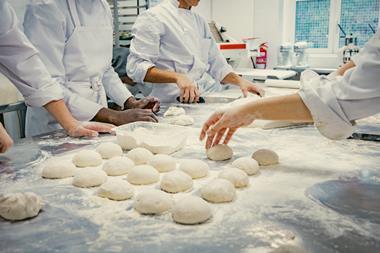


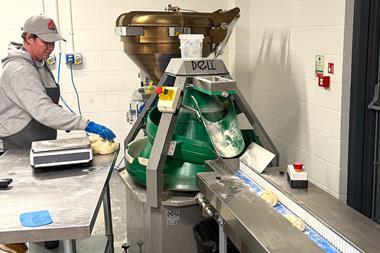
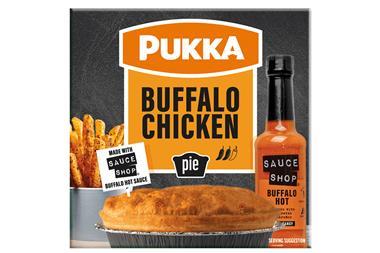

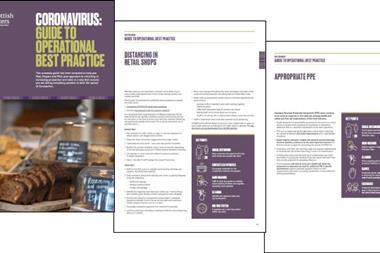
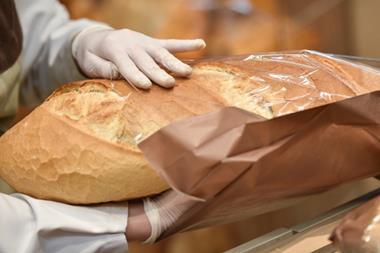

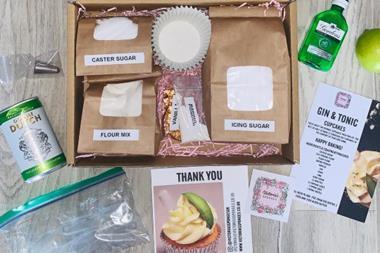


No comments yet